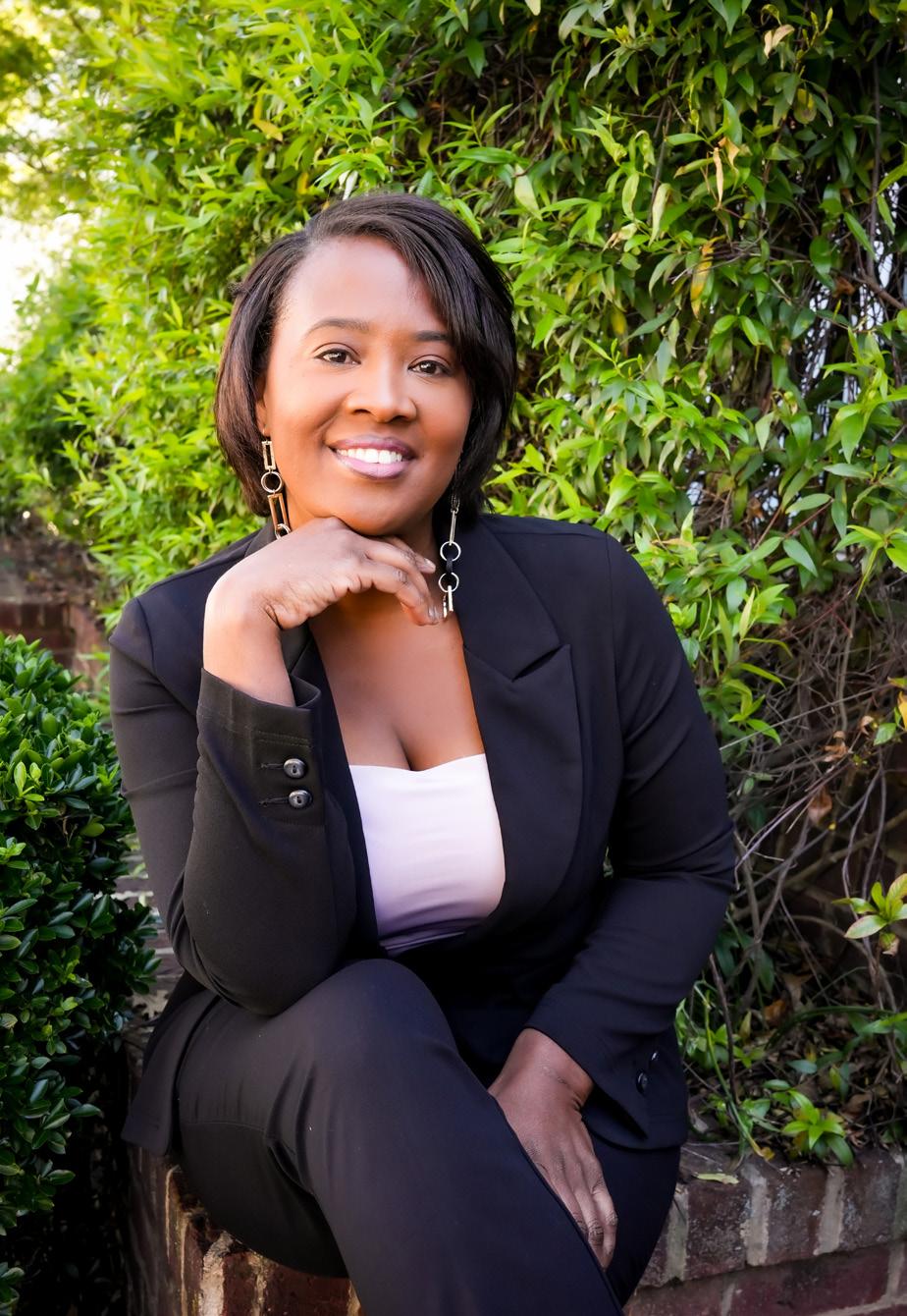
11 minute read
The H.E.E.A.T. Research Lab
Addressing HIV Prevention in Black Communities
By Dr. Marrissa Dick & Terry L. Watson Photos Provided by Still Shots Photography
Advertisement
This is a follow-up story to The H.E.E.A.T. Research Lab article in the Huami Magazine 2022 edition. In this follow-up article, we will reintroduce Dr. Schenita Randolph and her work in sexual health equity for racial/ethnic minority populations and reintroduce Pre-Exposure Prophylaxis (PrEP), share the results of the study, and introduce the beauty industry partners who co-developed the work and helped to inform the research. Finally, we will share her futuristic vision for the HEEAT Lab and how she desires increased health equity and justice for the African American community. The Huami Magazine would like to reintroduce Dr. Schenita Randolph, an Associate Professor at the Duke University School of Nursing. Her mission is to address the root causes of health disparities and promote sexual health equity for racial/ethnic minority populations. Dr. Randolph is currently the Principal Investigator of a project funded by Gilead Sciences to develop a Salon-Based Intervention to promote the awareness and uptake of PrEP among Black women living in the United States South. She is a Fellow in the inaugural Betty Irene Moore Fellowship, where she developed the first nurse-led, web-based application to address the cooccurrence of HIV transmission and racial discrimination among African American male adolescents and young adults.
Notwithstanding, Dr. Randolph has been a nurse for over 25 years and is the founding Director of the HEEAT Research Lab. As a reminder, the H.E.E.A.T. acronym addresses Health disparities through Engagement, Equity, Advocacy, and Trust. The team members working with H.E.E.A.T. are dedicated clinicians, researchers, entrepreneurs, community members, and barber shop and beauty salon owners. These collective groups are vested in breaking down the barriers of implicit biases, health disparities, and inequities in health care delivery and outcomes within African American communities. The H.E.E.A.T. Research Lab is committed to engaging and partnering with the community to find cultural and social ways to address some of these inequities.
Dr. Randolph believes that one way of addressing the disparities is by making the African American community aware of tools in healthcare that have proven to be effective but are less used by those who could benefit from them, such as the Pre-Exposure Prophylaxis (PrEP). This oral or injectable medication is a proven HIV prevention method for people who have taken an HIV test and know they are HIV-negative. PrEP comes in the form of a pill or injectable. In pill form, if taken daily, it is effective at preventing HIV by 99%. The FDA approves PrEP for the United States, but unfortunately, Black women do not see themselves in the messaging that advertises PrEP. According to Dr. Randolph, “PrEP is an FDA-approved oral medication if taken daily, will decrease a persons chances of acquiring HIV. PrEP has been FDA approved since 2012, but less than 1-2 % of African American cis-gendered women know about PrEP.” For those unfamiliar with the term cis gender, it is simply a person who identifies with the gender sex they were born to.
For example, a person born a male at birth identifies as a boy or a man. Likewise, a person who was born a female at birth identifies as a girl or a woman. These people are considered cis-gender. Most people would be more familiar with the word heterosexual. Dr. Randolph believes bringing awareness to PrEP is important because African American women represent over 65% of HIV cases and are 17 times more likely to acquire HIV than white women. The H.E.E.A.T. Research Lab has revealed that those who have benefited the most from taking PrEP have been men who have sex with men. Because she understands the barriers that exist for the uptake of PrEP among African American women, including providers not offering it, increasing knowledge and awareness is critical to health outcomes. “I always tell people I am not a PrEP pusher. I want to be clear on that, but I believe that women should know that PrEP exists so they can make informed decisions about their own health based on their needs and personal values. Dr. Randolph and her team are leaving no stone unturned in helping to tear down barriers to acquiring equitable access to health care. For instance, you can access PrEP through an online telehealth service called QCare Plus. This online platform will allow you to speak with a provider, and send HIV testing kits and PrEP discretely to your home, should you decide it is right for you.
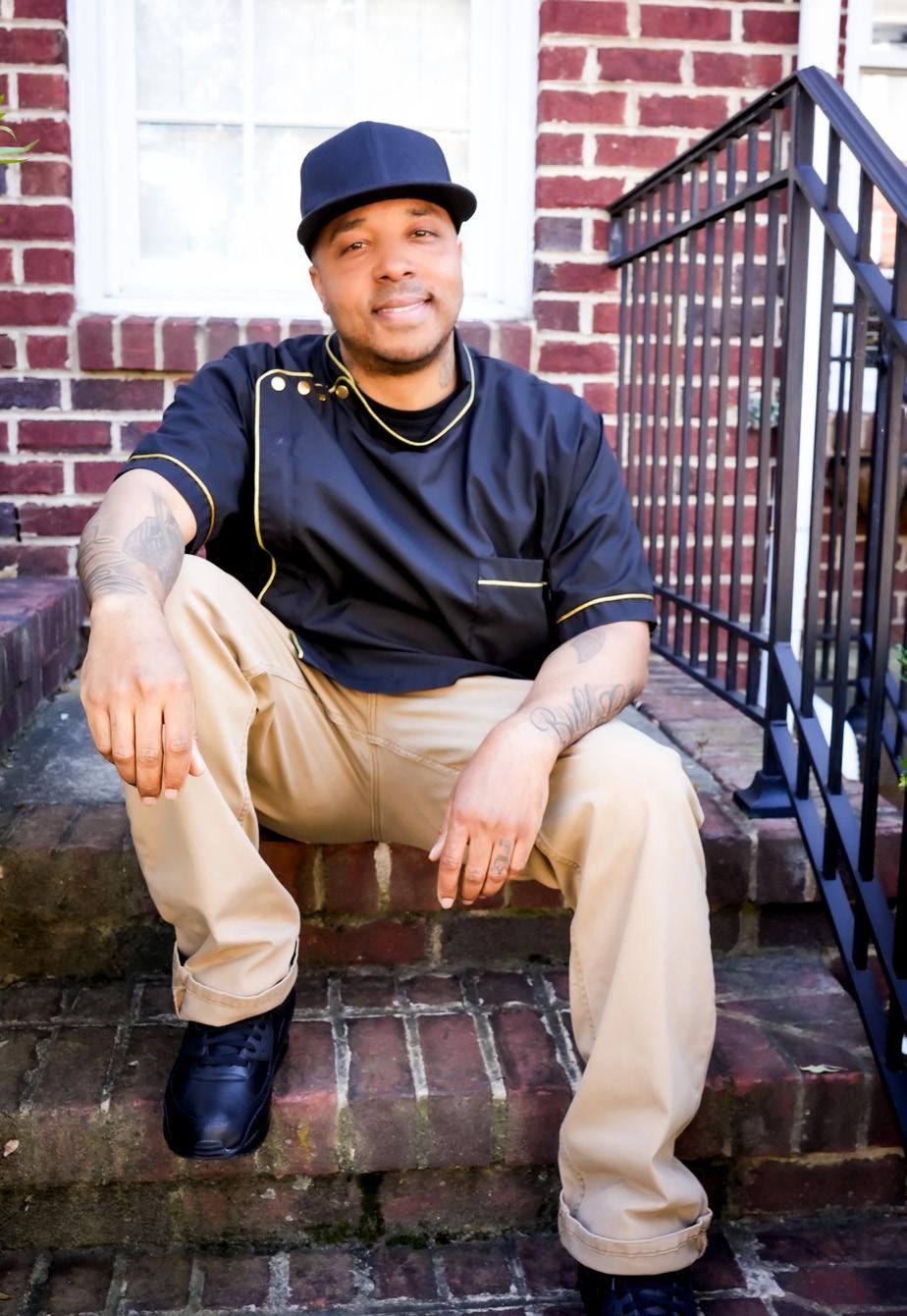
Now that you know the type of research The H.E.E.A.T. Research Lab conducted, let’s find out who participated in this study and what was discovered. Barbershops and Beauty salons have historically been staples in our community and the HEEAT Lab is honored to have some of the greatest barbers and stylists partnering with them in this work. One of the main reasons we have engaged our beauty salons and barber shops is because when our men and women go there, they can receive this information. In these establishments, deep conversations are held, and information is shared while sitting in the salon chair getting their hair styled or in the barbershop getting that beard groomed. These conversations flow freely with respected and trusted people within the community. Dr. Randolph says, “That’s why we’re intentional about partnering with the beauty industry.. During COVID-19, the beauty industry was on the front line having COVID testing in their shops. So, this article also allows us to thank the barbers and the stylists, those unspoken heroes and sheroes, who have helped promote good health within our communities.”
Dr. Randolph and her team intentionally partner with the community, ensuring they are at the forefront of every conversation and engaged as community leaders and stakeholders. That’s why on April 30th, her team hosted a brunch to honor the salon owners and participants from Durham County, Wake County, and Guilford County for their engagement and update them on the research study they participated in. This emerging data is a part of Using PrEP and Doing it for Ourselves (UPDOs). The UPDOs Protective Styles is a salon-based intervention developed and tested in partnership with researchers and the community to promote awareness, knowledge, and uptake of PreExposure Prophylaxis (PrEP) among African American women living in the United States South. UPDOs take a comprehensive approach and address the overall health of African American women in the United States.
Dr. Randolph shares, “The idea behind the UPDOs initiative was to develop a series of twenty-minute segments that women can watch in their own private space, highlighting stories of Black women, their lived experiences, and overall health, including awareness of HIV and PrEP. The data revealed that women’s awareness of PrEP did increase, trust around PrEP was strengthened, and women could accept the information because they could see themselves in the mini-series.
The research also showed that women are willing to share the information with others in their networks; stigma around PrEP and HIV was also improved. Gains were made in many areas because the storylines were realistic and acceptable, and the information was delivered in a way that could be received. Even in this, women loudly voiced the need for more culturally and socially relevant messaging about health issues that impact them.”
The H.E.E.A.T. Research Lab celebrates the beauty industry partners who are strong leaders and advocates in the community and acknowledges their impact in the mission to address inequities and justice in health care outcomes and delivery.
Akili Hester of Durham, NC, is a single father and barber. He also owns Black Wallstreet Barbershop, HAYTI Barbershop, and Akilithebull.com. When asked about the H.E.E.A.T. Research Lab, he says, “I think it’s necessary that people in my community are given proper information to share throughout the community. It’s important that the faces receiving information look like the faces of the people providing the information. We must know that the information we’re getting is true and factual,” he says.
Akili is a partner with the H.E.E.A.T. Research Lab and serves on the Community Advisory Council. He says his reason for serving is his firm belief that if he eats off of a community, he must also have a positive impact on his community. “Community work is important in maintaining that balance and giving back. Sharing resources and information and having access to resources is important also”.
Akili says that H.E.E.A.T.’s role in his community means a lot because miseducation plays a big role in living in lower-income areas. He says having resources based on facts is important.
Tamica Campbell Hughes is the co-owner of Pink Kotur Hair Salon and the founder of Level Up Parenting, a non-profit organization focusing on single mothers. She has two sons and five loving grandkids. When asked about the H.E.E.A.T. Research Lab, she says it encourages community involvement. “It helps to state the facts and educate people on what is happening in our black community. By being involved, I bring in other salon owners and stylists to engage in the research study. We educate clients that come to the salon on what is happening with the study and how they can participate in the research and survey. As a black woman in the community, it concerns me there isn’t enough information available. I want to learn more so I can share it with others in our community. The lab’s work will definitely help community leaders get it out by providing information,” she says. “The more people have knowledge, the number of black women with HIV will decrease. The information will change lives once it is out there.
Dr. Ragan Johnson‘s role with the H.E.E.A.T. Research Lab aligns with the vision of Dr. Randolph. The Memphis, TN, native and Duke University professor has similar interests in HIV prevention in black communities and how barbershops and hair salons were using their platforms to connect with others. “With the current project with hair salons, I help to create the stylist training in collaboration with the communities. Our training is face-to-face and down-to-earth. We try to speak the language of our communities. This approach has been effective mainly because as much as we want to teach our communities, we also hope to learn from them. In academia, we know historically what people think about HIV. Now, we want to teach them about prevention methods, including safe sex practices and PreP, a medication that can prevent exposure to HIV,” she says.
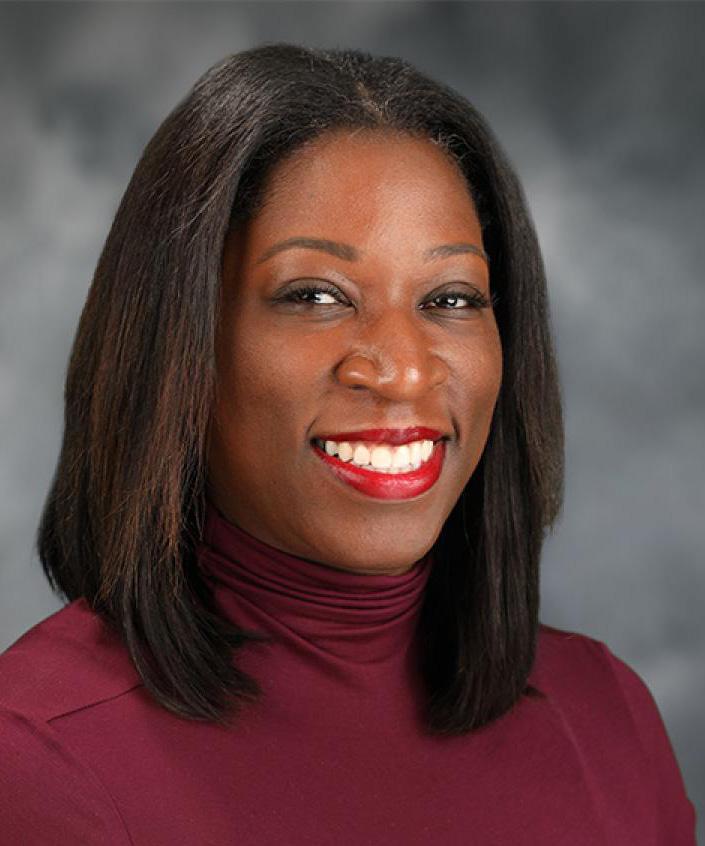
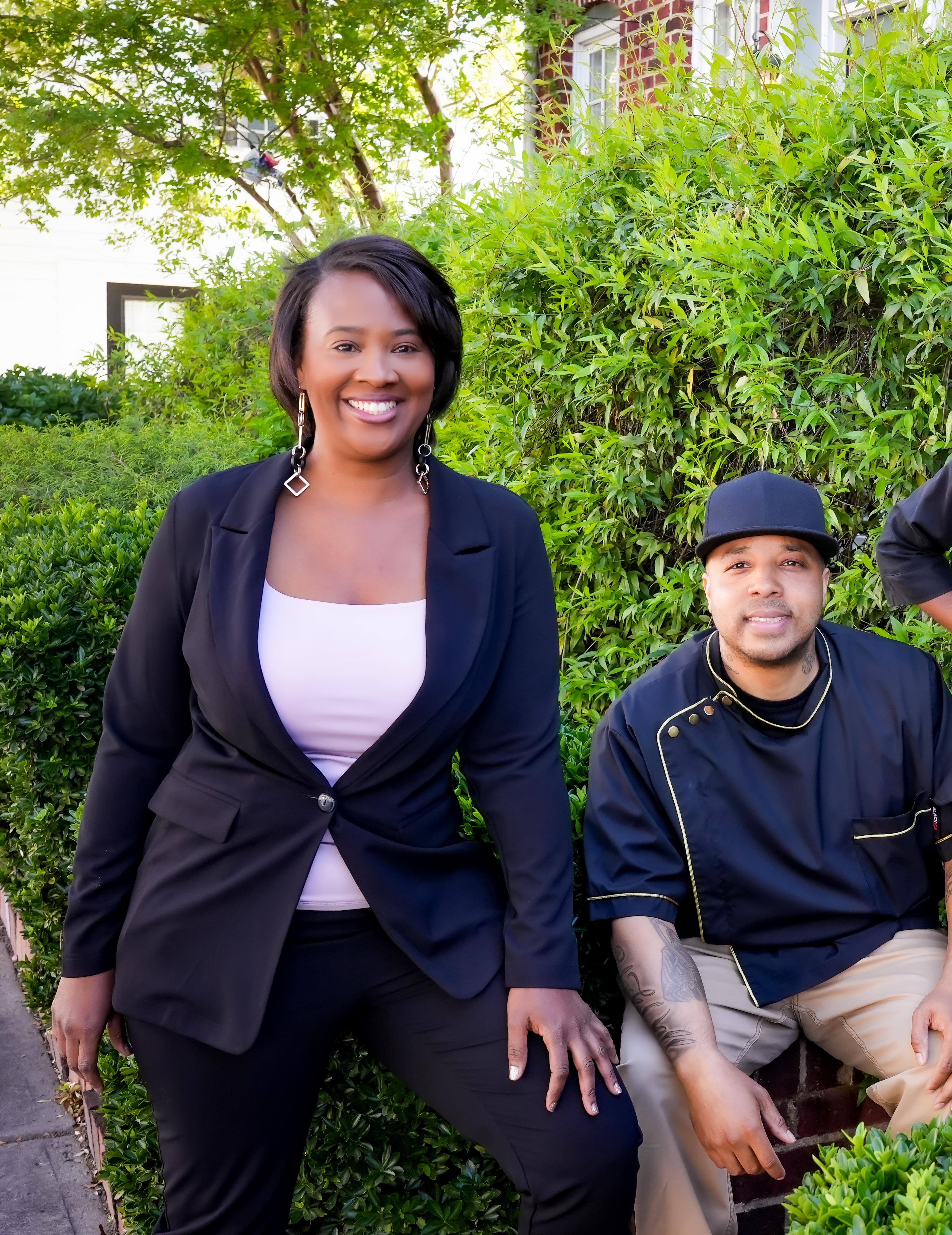
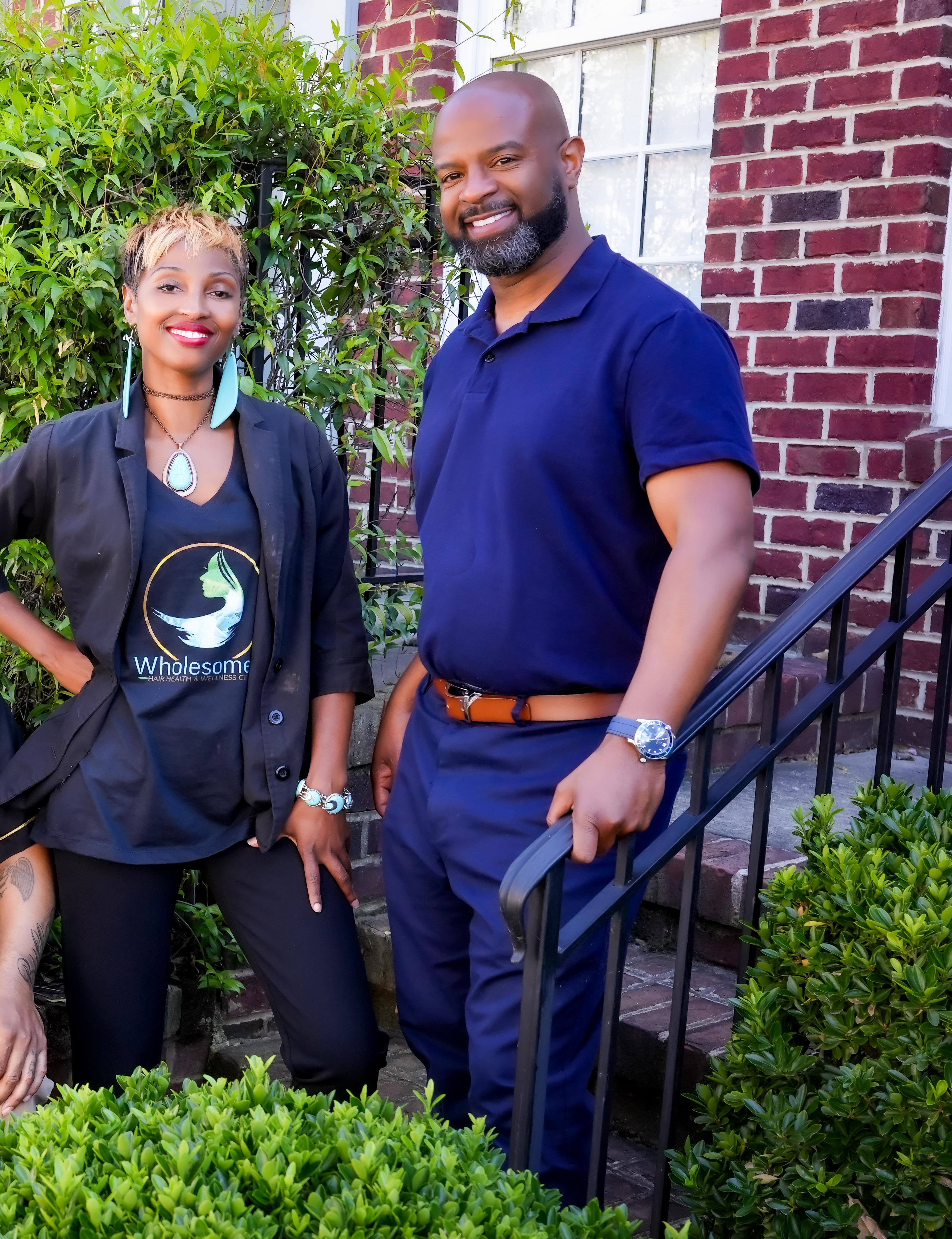
Dr. Ragan Johnson got involved in HIV prevention after having a female family member diagnosed with HIV in the 1990s. “Back then, there was a stigma surrounding the disease. It was painted as a gay man’s disease. People affected by the disease often didn’t follow through with care because they didn’t want to be stigmatized. Even more, there wasn’t any information available on how women contracted the disease and how it impacted them. That void of information prompted me to get involved. I wanted to be part of changing the trajectory and preventing HIV in our communities,” she says. “There are more medications available now to treat the disease. As a result of the work that has been done regarding research and education, HIV is no longer a death sentence.”
In the future, Dr. Johnson envisions the program growing nationally. “I see the stylist taking ownership of the program and running with it, with individuals like Dr. Randolph and myself sitting in the background and supporting them,” she says.

Professional Hair Stylist Tasha Crews describes herself as a progressive student of life. The name of her business is WHOLSEOME U (Hair, Health & Wellness Center) dba Hair designs by Tasha. She uses her trade to reach the masses and says that “Every life that takes a seat in my chair is one that is sure to be intentionally impacted. I consider it a privilege to be in anyone’s personal space as I have been.”
Tasha says she believes the work of the HE.E.A.T. Lab to be essential in our community, as it encourages and facilitates positive health solutions. “All of the staff and participants are personally dedicated to joining arms with each other, mainly because we see the disparities first hand. Education is integral to growth and personal development. It also assists us with making better health choices and brings hope to the upcoming generations,” Tasha says. “I am involved. I hit the pavement. I am grassroots to the heart. I compel and gather people who desire better for themselves. By serving on the advisory council and as a consultant with the H.E.E.A.T. Research Lab, I use critical thinking skills and draw out imperative questions and offer tangible solutions in executing the objectives within the council’s guidelines. Suppose I can let people know they have options to assist in maintaining their health. In that case, we are closer to decreasing the health disparity number in our community for HIV, mental illness, violence, and much more. I am helping individuals have a better quality of life. In turn, they help their families have a better quality of life.”
Tasha says she believes things can improve in our communities when everyone realizes they are an integral part of our “thrival”. “Every individual has something to give back to our community. Each person must see themselves as important to our survival. Self-love and awareness are needed, and holding ourselves accountable for our personal decisions is necessary to pinpoint the culprit to our current condition. I look forward to witnessing the impact for the greater good of our communities. I love the team we have. Everyone is genuine. That’s where I like to be, with genuine people, serving from the heart and making a positive difference. I plan to serve with them and facilitate in any capacity needed to bring about that positive change. Starting in July we are partnering with the H.E.E.A.T. Research Lab on a project to offer COVID testing in our shops and engaging the community to understand the barriers and facilitators to effective health communications and messaging.”
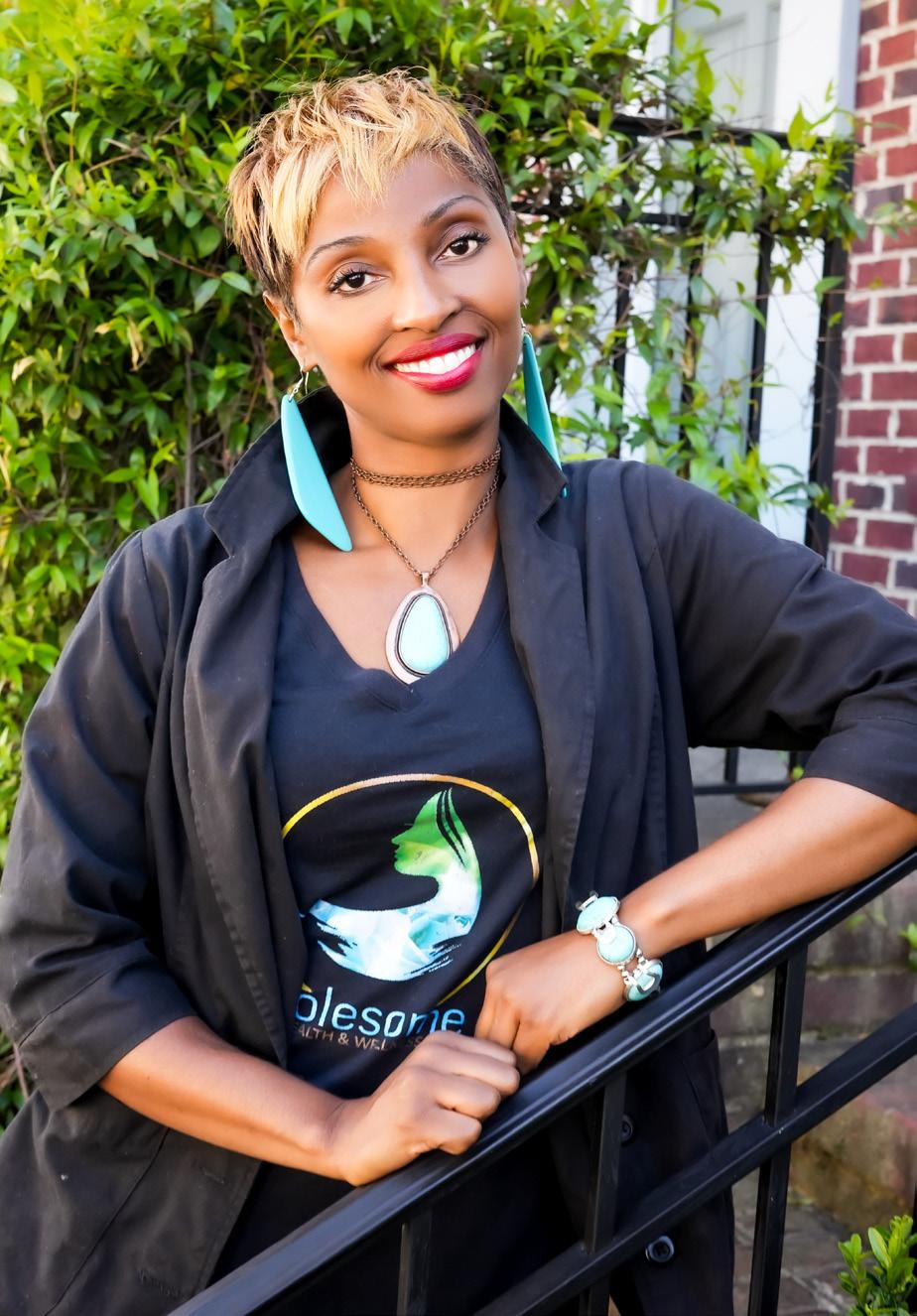
Gene Blackmon of Greensboro, NC, is a business owner, barber, barber instructor, mentor, and community advocate. Gene is the founder of Prestige Barber College and Establishing Safe Cultures, a non-profit organization which focuses on addressing issues affecting youth in his community. The most important roles that he serves are that of father, son, and brother.
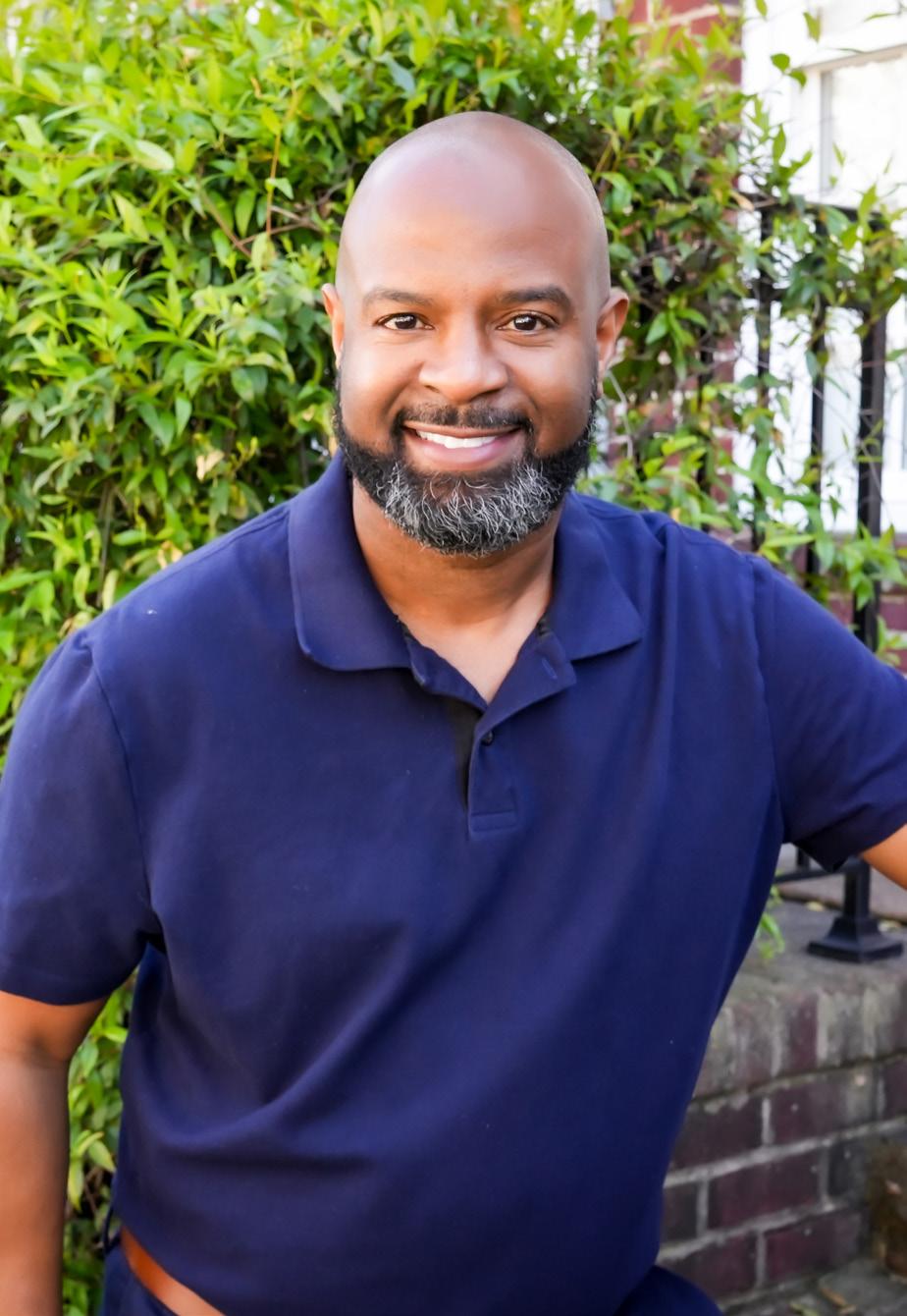
Gene shares, “The H.E.E.A.T. Research Lab is an awesome concept and gives our community the tools to educate our community on sexual health. I’m a consultant, and I’ve helped share information for studies and been a community advisory council member. I’ve chosen to be involved because I understand that there are disparities, and many of them exist because of a lack of knowledge and understanding and a lack of resources. The H.E.E.A.T. Research Lab works to address both of those disparities. Things can improve with this model of the H.E.E.A.T. Research Lab being spread further throughout our community. We need to get it into multiple places in our community; schools, after-school programs, churches, community recreational centers, barbershops, and beauty salons. We should see an improvement in healthy sexual practices in our community.
The data discovered in this initial study will continue with Dr. Randolph’s next phase of research, expanding to Mecklenburg County, Forsyth County, and Cumberland County because those counties have a prevalence of HIV. She believes that provider awareness is equally critical. She advocates for provider awareness because “you can’t blame women for their inequities when this information isn’t disseminated equitably. In particular, African American women over 55 have seen a seven percent increase in acquiring an HIV diagnosis. So, providers must be mindful of the implicit biases and perceptions they carry into the clinical setting.” We know that knowledge is power. Now that you know The H.E.E.A.T. Research Lab, PrEP, and UPDOs, what will you do with your Power?






